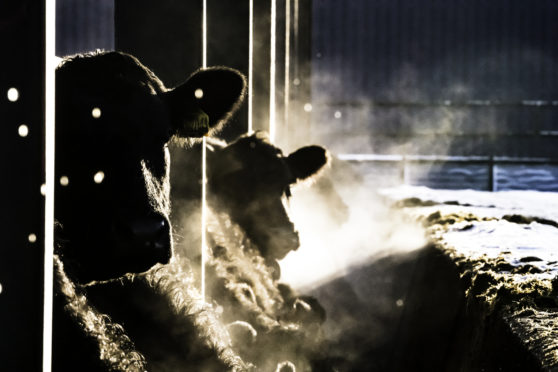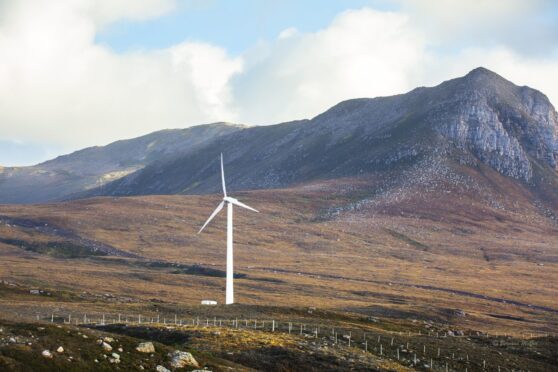Livestock feed costs increased by £74 million last year and were largely responsible for the 8% drop in farm incomes revealed in official Government statistics.
The figures suggest total income from farming (TIFF) decreased by £57m to £672m. Total costs are estimated to be up 5%, with labour costs increasing by £26m to £441m and fuel costs up £18m to £147m.
The statistics also show productivity, which measures the amount of output per input irrespective of prices, has fallen in the past three years.
However, cereals output was up around 10% from 2017, although in real terms, it was still lower than 2013.
The farmers’ union and opposition politicians claimed the statistics proved the need for political clarity to steady an unpredictable market and a lack of confidence created by the uncertainty over Brexit and an absence of clear new policy from the Scottish Government.
NFU Scotland (NFUS) said: “Farmers and crofters are currently faced with a dark corridor of uncertainty and need governments to provide a more certain pathway with greater clarity on the operating environment they will find themselves navigating over the next few years.”
In its statistical release, the government said: “The total value of outputs only increased marginally.
“Barley and milk saw the biggest increases in value, the dairy sector also saw a gain, with increased production and a small increase in price resulting in milk output being worth £402m, up £29m on 2017.”
The beef sector remained reasonably steady, with output from slaughter or sales of cattle worth an estimated £714m, while sheep sector output was worth £234m. Lower prices resulted in an 8% drop in the value of pig meat to £100m, while the poultry sector experienced a similar decline to £77m.
The value of eggs increased by 12% to top £100m for the first time and the value of potatoes decreased by 5% thanks to depressed prices and quantities. The value of the vegetable sector stood at £140m, while fruit increased slightly to £140m.
Subsidy support was worth £549m in 2018, including £425m in direct payments, £66m in Less Favoured Areas support and £47m in coupled support.
nnicolson@thecourier.co.uk










